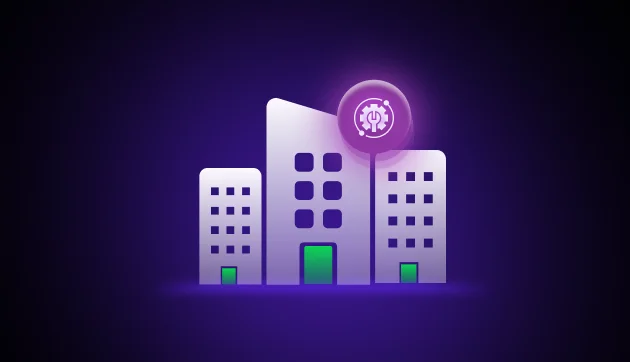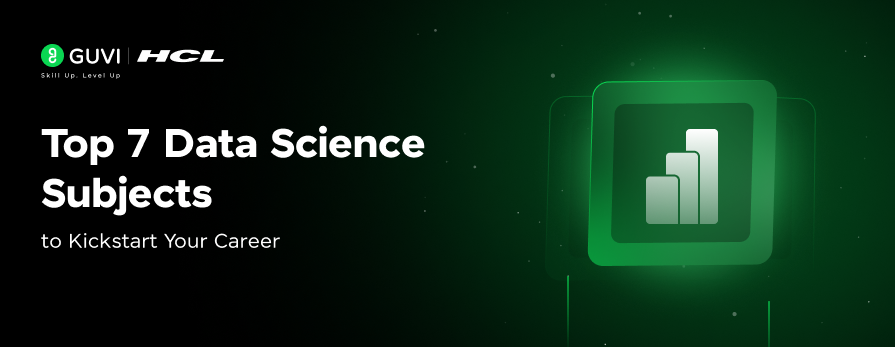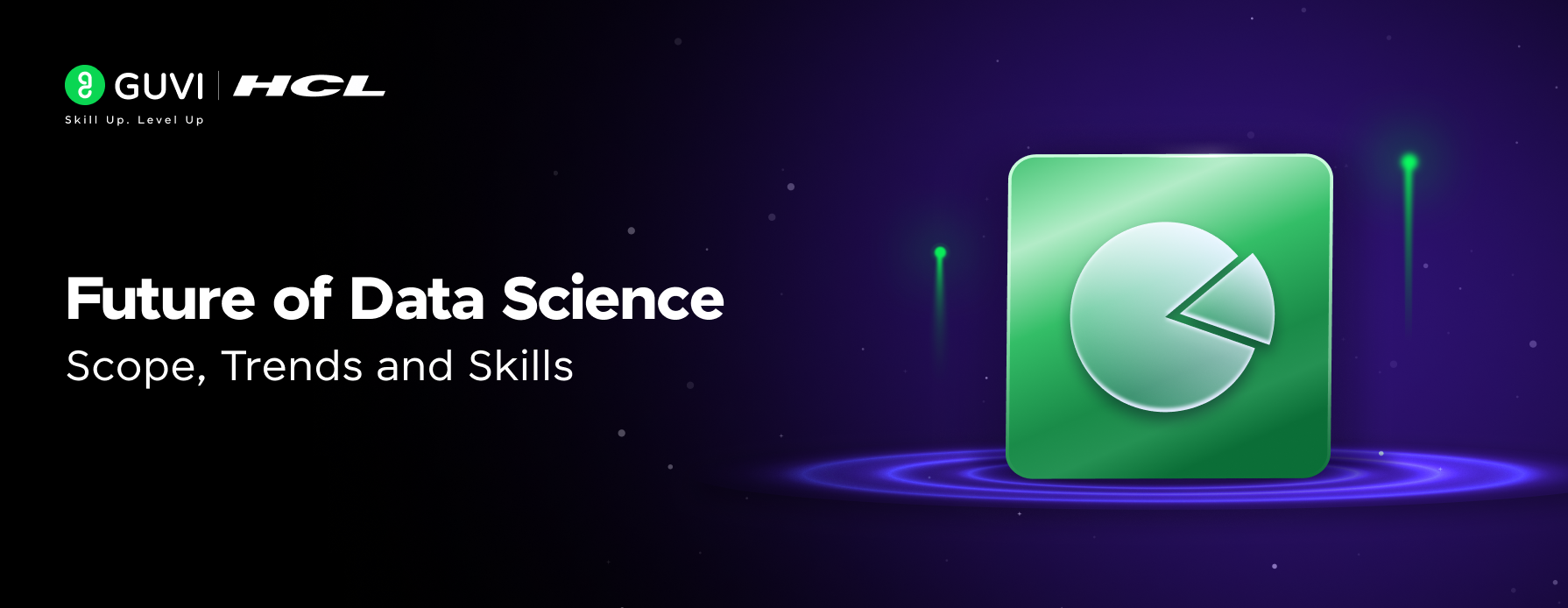
In today’s digital age, the intersection of economics and technology offers exciting career opportunities for students with a background in economics.
As the world becomes increasingly interconnected, businesses are relying on technology to drive growth and make data-driven decisions. This has created a high demand for professionals who possess both economic acumen and technical skills.
In this article, we will explore the best IT jobs for economics students, highlighting the skills required, the potential career paths, and the benefits of pursuing a career in this field.
Table of contents
- The Growing Demand for IT Professionals
- Skills Required for IT Jobs in Economics
- Data Analysis and Visualization
- Programming Languages
- Economic Analysis
- Machine Learning and Artificial Intelligence
- Communication and Problem-Solving
- Top IT Jobs for Economics Students
- Data Analyst
- Business Intelligence Analyst
- Financial Analyst
- Economic Consultant
- Data Scientist
- Benefits of Pursuing IT Jobs in Economics
- High Demand and Competitive Salaries
- Diverse Career Paths
- Unique Perspective
- Continuous Learning and Growth
- Impactful Contributions
- Concluding Thoughts...
- FAQs
- What jobs can I get with a degree in economics?
- What is the highest paying job with an economics degree?
- What jobs combine economics and computer science?
- Are economists in demand?
The Growing Demand for IT Professionals
The digital transformation has revolutionized industries across the globe, and the demand for IT professionals continues to grow rapidly.
According to a report by the Bureau of Labor Statistics, employment in computer and information technology occupations is projected to grow 11 percent from 2019 to 2029, much faster than the average for all occupations.
This surge in demand is driven by the need for skilled professionals who can harness the power of technology to drive innovation and solve complex business problems.
Skills Required for IT Jobs in Economics
To excel in IT jobs related to economics, a combination of technical and analytical skills is crucial. Let’s take a look at some of the key skills that economics students should consider developing:
1. Data Analysis and Visualization
Data analysis is at the core of both economics and technology. Proficiency in statistical analysis, data modeling, and visualization tools such as Python, R, and Tableau can provide a competitive edge in the job market.
The ability to turn raw data into actionable insights is highly valued in roles such as data analyst or business intelligence analyst.
2. Programming Languages
Proficiency in programming languages like Python, Java, or SQL can open up a wide range of opportunities in the IT field. These languages are commonly used in data analysis, web development, and software engineering roles.
Familiarity with programming concepts and algorithms is essential for solving complex problems and developing efficient solutions.
3. Economic Analysis
As an economics student, you already possess a strong foundation in economic theory and analysis. This knowledge can be applied to various IT roles, such as financial analyst or economic consultant.
Understanding how economic factors impact business decisions and being able to provide insights based on economic models can be highly valuable in organizations.
4. Machine Learning and Artificial Intelligence
Machine learning and artificial intelligence are revolutionizing industries by enabling automation, predictive modeling, and decision-making based on data.
Familiarity with concepts such as regression, classification, and neural networks can open up opportunities in roles like data scientist or machine learning engineer.
5. Communication and Problem-Solving
Effective communication and problem-solving skills are essential in any job, including IT roles. Economics students are trained to think critically, analyze complex problems, and communicate their findings.
These skills are highly transferable and can be applied to IT roles that involve collaborating with cross-functional teams and presenting technical information to non-technical stakeholders.
Top IT Jobs for Economics Students
The combination of economics and IT skills can lead to a diverse range of career paths. Let’s explore some of the key IT job roles that economics students can pursue:
1. Data Analyst
Data analysts play a crucial role in extracting insights from large datasets and translating them into meaningful information. They use statistical techniques and data visualization tools to identify trends, patterns, and correlations.
Economics students with strong analytical skills can excel in this role, helping organizations make data-driven decisions and optimize business processes. This intuitive role is hence our top pic amongst the IT jobs for economics students.
Salary: ₹4L – ₹10L/yr
2. Business Intelligence Analyst
Business intelligence analysts leverage data to provide organizations with insights into market trends, customer behavior, and competitive landscapes.
They gather, analyze, and present data in a way that helps businesses identify opportunities and develop strategies.
Economics students with a solid understanding of economic principles can provide valuable insights into market dynamics and competitive positioning.
Salary: ₹7.7 – ₹16L/yr
3. Financial Analyst
Financial analysts play a critical role in assessing the financial health of organizations, analyzing investment opportunities, and providing recommendations.
Economics students with a background in finance and strong analytical skills can excel in this role, leveraging their economic knowledge to analyze financial data and make informed decisions. This is one of the most rewarding IT jobs for economics students.
Salary: ₹5.6 – ₹11.5L/yr
4. Economic Consultant
Economic consultants provide strategic advice to businesses and government organizations. They analyze economic data, conduct market research, and develop economic models to help clients make informed decisions.
Economics students with a strong foundation in economic theory and quantitative analysis can excel in this role, providing valuable insights and recommendations to clients.
Salary: ₹9.9 – ₹18L/yr
5. Data Scientist
Data scientists are responsible for collecting, analyzing, and interpreting complex datasets to extract valuable insights and support decision-making.
They use machine learning algorithms, statistical models, and programming skills to uncover patterns and trends in data.
Economics students with a solid understanding of statistical analysis and economic modeling can excel in this role, leveraging their skills to drive data-driven strategies and innovations. Hence, Data Science is another great option from the available IT jobs for economics students.
Salary: ₹7 – ₹20L/yr
Also Read: What Skills Are Needed To Be A Data Scientist?
Benefits of Pursuing IT Jobs in Economics
Combining economics with IT skills can offer numerous benefits for students seeking exciting career opportunities. Here are some of the key benefits of pursuing IT jobs in economics:
1. High Demand and Competitive Salaries
The growing demand for professionals who possess both economic and technical skills translates into competitive salaries and job security.
Organizations are willing to invest in top talent who can drive innovation and help them stay ahead in a rapidly evolving digital landscape.
2. Diverse Career Paths
The combination of economics and IT skills opens up a wide range of career paths across industries.
From finance and consulting to technology and government, economics students can find opportunities in various sectors, allowing them to explore their interests and make a meaningful impact.
3. Unique Perspective
Economics students bring a unique perspective to IT roles, combining their analytical skills with a deep understanding of economic principles.
This perspective enables them to approach problem-solving and decision-making from a holistic viewpoint, considering both the economic and technological aspects.
4. Continuous Learning and Growth
The field of IT is constantly evolving, offering endless opportunities for learning and growth. Economics students with a passion for technology can embrace this dynamic environment, staying up-to-date with the latest trends, technologies, and methodologies.
5. Impactful Contributions
By leveraging their economic knowledge and IT skills, economics students can make meaningful contributions to organizations and society as a whole.
Whether it’s optimizing business processes, driving data-driven strategies, or providing valuable insights, IT jobs in economics allow professionals to have a tangible impact on the world around them.
Concluding Thoughts…
The convergence of economics and technology has created a wealth of opportunities for students with a background in economics. By combining your economic acumen with IT skills, as an economics student, you can unlock exciting career paths with competitive salaries, diverse opportunities, and meaningful contributions.
Whether it’s analyzing data, providing strategic advice, or driving innovation through machine learning, IT jobs for economics students offer a unique blend of analytical thinking, problem-solving, and economic expertise.
FAQs
With a degree in economics, you can pursue careers in finance, consulting, government, data analysis, and so much more. The sky is the limit.
The highest paying job with an economics degree is often in finance, such as investment banking, hedge fund management, or as a financial analyst if you club it with IT knowledge.
Jobs combining economics and computer science include roles in data science, financial technology (fintech), and economic modeling using programming skills. Read the article above to learn more.
Yes, economists are and will pretty much always be in demand, especially in industries like finance, healthcare, and government, where analytical skills are valued.






















![Top Roles and Responsibilities of a Civil Engineer [2025] 2 Feature image - Top Roles and Responsibilities of a Civil Engineer](https://www.guvi.in/blog/wp-content/uploads/2023/09/Feature-image-Top-Roles-and-Responsibilities-of-a-Civil-Engineer-1.webp)








Did you enjoy this article?